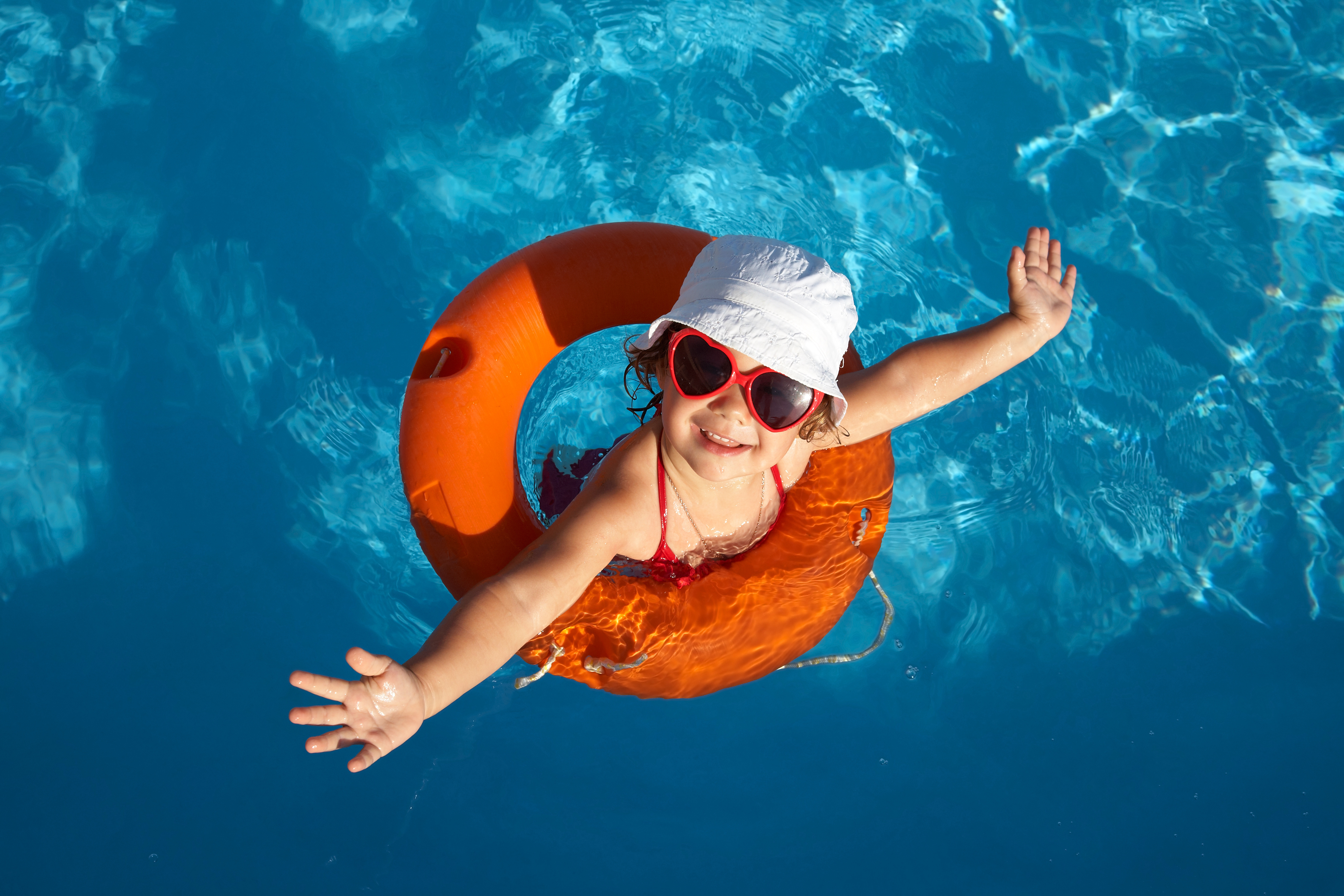 In observance of Healthy and Safe Swimming Week, the Centers for Disease Control and Prevention (CDC) published a report last week in the Morbidity and Mortality Weekly Report (MMWR) highlighting three states’ experiences with outbreaks of Cryptosporidiosis last summer. Cryptosporidiosis is a gastrointestinal illness caused by the parasite Cryptosporidium, which causes profuse, watery diarrhea lasting up to two to three weeks.
In observance of Healthy and Safe Swimming Week, the Centers for Disease Control and Prevention (CDC) published a report last week in the Morbidity and Mortality Weekly Report (MMWR) highlighting three states’ experiences with outbreaks of Cryptosporidiosis last summer. Cryptosporidiosis is a gastrointestinal illness caused by the parasite Cryptosporidium, which causes profuse, watery diarrhea lasting up to two to three weeks.
Last summer, Arizona experienced a large, community-wide outbreak of Cryptosporidiosis associated with public recreational water facilities , such as pools, waterparks, and splash pads. Maricopa County was most affected by the outbreak, although cases were reported from eight counties. This was the largest detected outbreak of Cryptosporidiosis in Arizona history, affecting 437 people and 75 facilities in Maricopa County.
Cryptosporidiosis is the most common cause of swimming-pool related outbreaks of diarrheal illness, as the parasite is extremely resistant to chlorine and can survive in a properly chlorinated pool for up to 10 days. Laboratory work performed by the CDC determined that the Arizona outbreak was caused by the most common type of Cryptosporidium causing outbreaks in pools across the United States. County public health and environmental services departments worked together to identify pools where people might have been exposed to the parasite and worked with pool operators to treat the pool. Affected pools can be treated by raising the level of chlorine by 10 to 20 times the normal level for specific lengths of time, which will kill any parasites present.
One of the issues identified during the outbreak last summer was that people continued to swim while diarrhea was ongoing. A person with cryptosporidiosis can contaminate a pool with the parasite for two weeks after diarrhea resolves. Swimmers and parents of young swimmers should practice and encourage healthy swimming behaviors to protect against Cryptosporidiosis as well as other water-related infections.
Some rules for healthy swimming include:
- Shower before swimming to keep pee, poop, sweat, blood, and dirt out of the water
- Encourage young children to take frequent bathroom breaks and avoid accidents in the pool
- Don’t swallow pool water
- Don’t swim with diarrhea or for two weeks after diarrhea resolves.
As we approach another hot Arizona summer and swimming season, a commitment to practicing healthy swimming behaviors can help keep all Arizonans safe, healthy and ready to enjoy the great health benefits of swimming and staying cool in the water. Arizona kids who are 17 years of age and younger are encouraged to help create awareness for healthy swimming by entering the 2017 Healthy Swimming Poster Contest.











